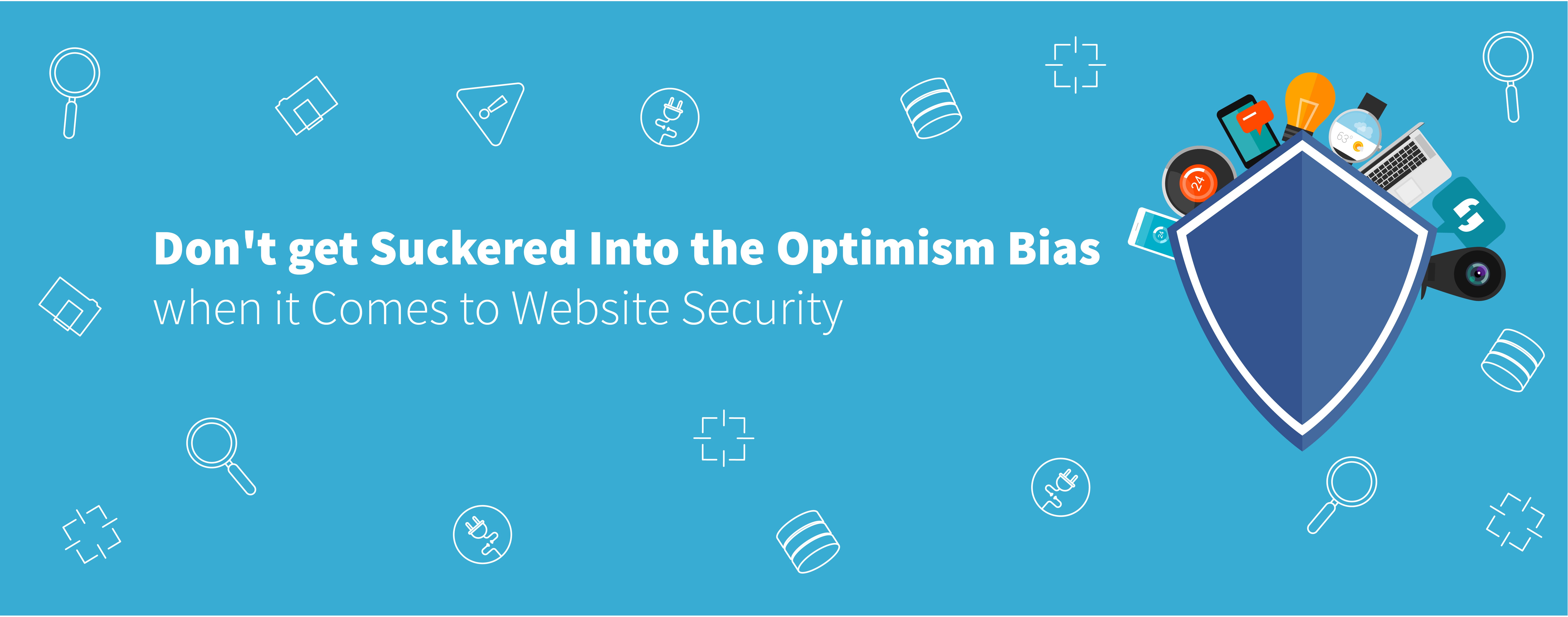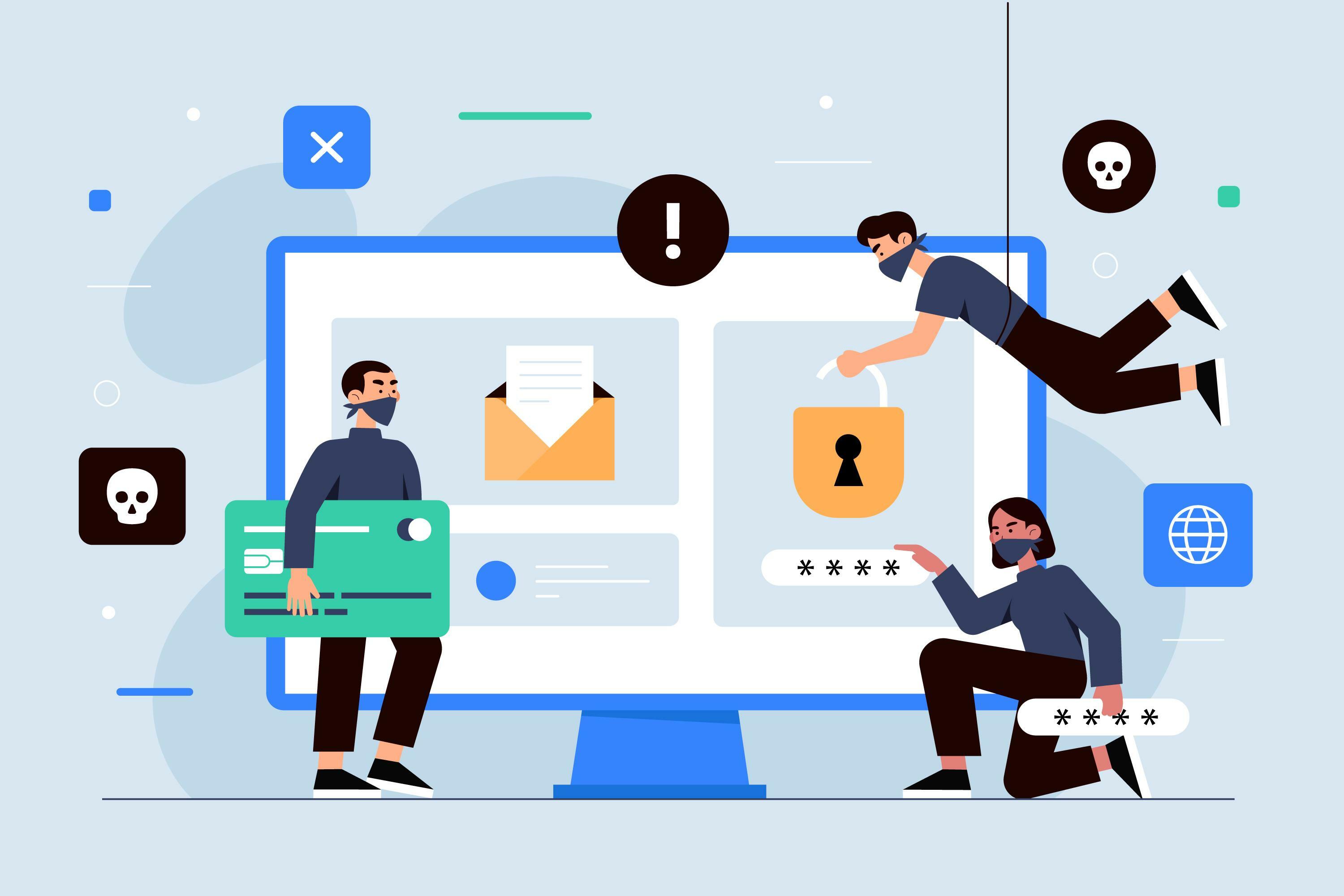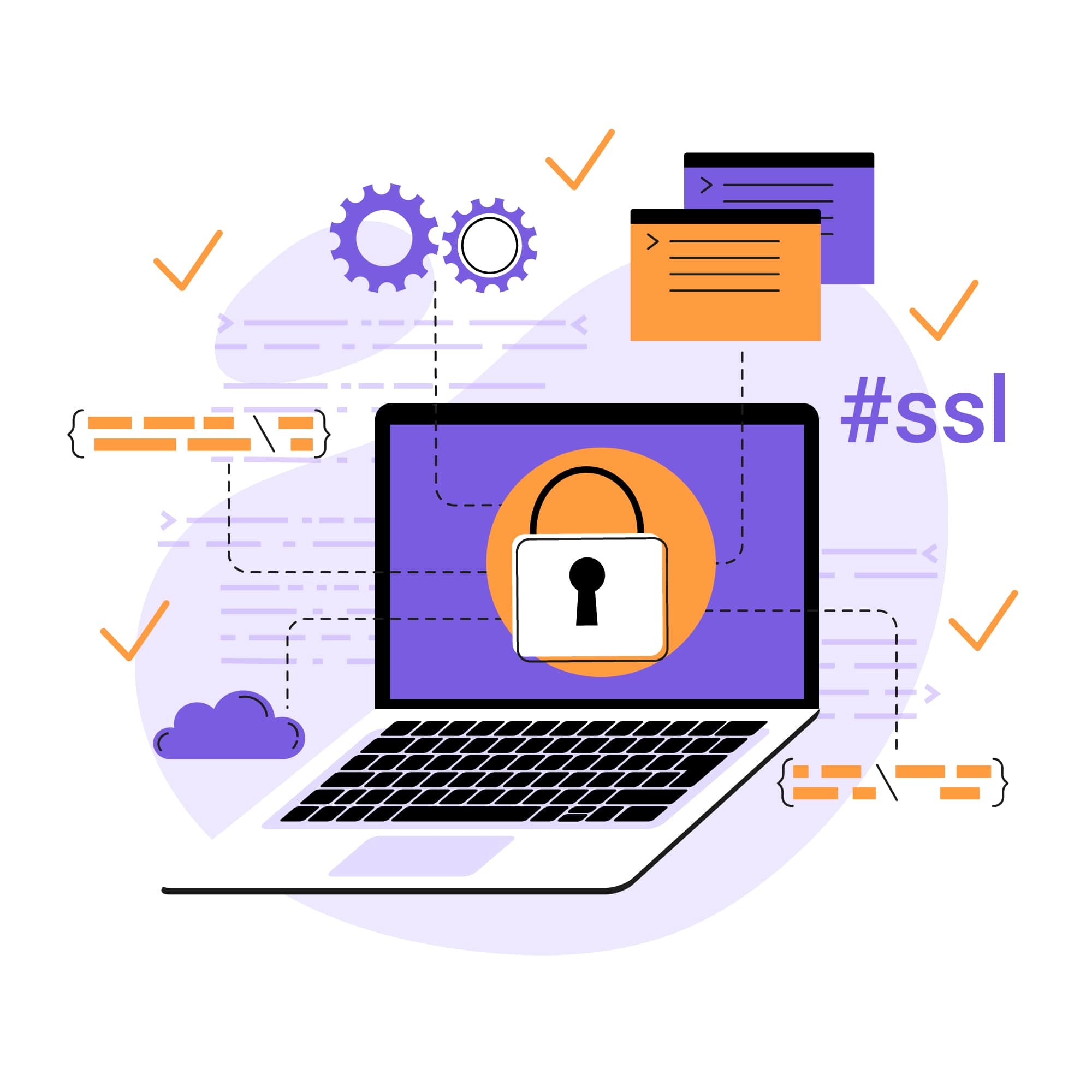
Don’t Buy Into The Optimism Bias When It Comes to Website Security
If we concentrate hard enough, most of us can leave our personal biases out of our critical thinking. However, we’re not always consciously aware of the most persistent bias of them all: optimism. The optimism bias is the unfounded belief that we’re more likely to experience positive results than negative ones, even when tangible evidence suggests otherwise.
How does optimism bias relate to website security?
Well, when it comes to your perception of cybersecurity, optimism bias can lead you to believe that your website is more secure or less likely to be attacked than it actually is. It sounds absurd, yet nearly 70% of United States firms believe they have above-average cyber defenses in place. In reality, less than 40% of firms are using more than a point-in-time measurement of cybersecurity readiness, and another 20% of firms in retail, financial services, and e-commerce lack a robust assessment program altogether.
The Optimism Bias in Smaller Businesses
When we hear of data breaches in the news, the largest companies typically dominate the headlines. Because small business attacks rarely receive coverage, it can leave other small business owners with an inflated sense of confidence. In fact, only about 16% of small business owners say they’re concerned about potential cyberattacks — despite the fact that 43% of all cyberattacks are directed at small businesses.
When it comes to cyberattacks, the main difference between small businesses and large corporations is that small businesses (especially the 64% that manage their own IT) are typically much less likely to recover from an attack. According to small business data breach statistics, 60% of them go out of business following a successful attack.
Security Over Optimism
To truly gauge your individual cybersecurity risks — and see how well your current solutions stack up — you must measure your level of security against businesses of similar size and scope. Several cybersecurity solutions can assess your website to determine its risk levels. This type of assessment should analyze as many variables as possible: the site’s complexity (the size of your site), popularity (how much traffic it receives), and composition (the software used to build it).
Gaining a clear, accurate understanding of your cybersecurity risk will help you temper your natural optimism bias and take effective steps to boost your cybersecurity. Those steps should include:
· Proactively scan for malware. Website scanners are common additions to cybersecurity software suites, as they’re quite affordable and easy to implement, regardless of the size of the business. They can find and remove malicious files from your site as soon as they become infected.
· Implement a web application firewall. A web application firewall — or WAF — will provide a constant barrier to block hackers and malicious bots from accessing your website’s files.
· Install patches automatically. Your website security solution should automatically install updates and patches to all your website’s files to shore up any vulnerabilities.
· Back up important files. In the event of a breach, you could lose valuable information in business and consumer files. To prevent this from happening, back up all clean files so they can be easily replaced if you experience an attack.
· Become PCI-compliant. If you have an e-commerce website or accept payment online, then ensure your site is compliant with all payment card industry security standards.
· Use a CAPTCHA. Access points such as login pages and contact forms can be easy avenues for cybercriminals to enter your website. Secure them by adding CAPTCHA verification.
· Learn from others. Follow different cybersecurity publications, thought leaders, and online forums to interact with and learn from experienced users.
It can be dangerous to fall into the optimism bias, especially for small businesses that may be less prepared to bounce back from a cyberattack. By being realistic about your risks and taking these few steps to protect your website, you have a better chance of beating hackers.
Monique Becenti is a product and channel marketing specialist at SiteLock, a cloud-based website security provider currently protecting more than 12 million websites globally. Monique is passionate about improving the customer experience for all. SiteLock’s combination of dedicated research and developmental efforts, aggressive product road maps, and access to a massive global data set make the company a leading innovator in web security.





